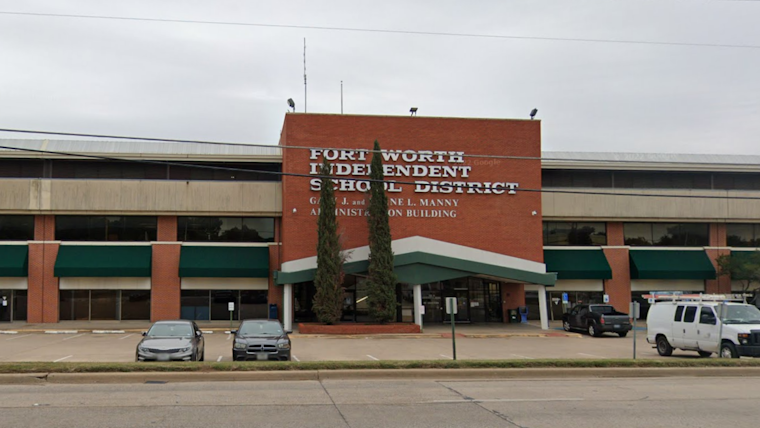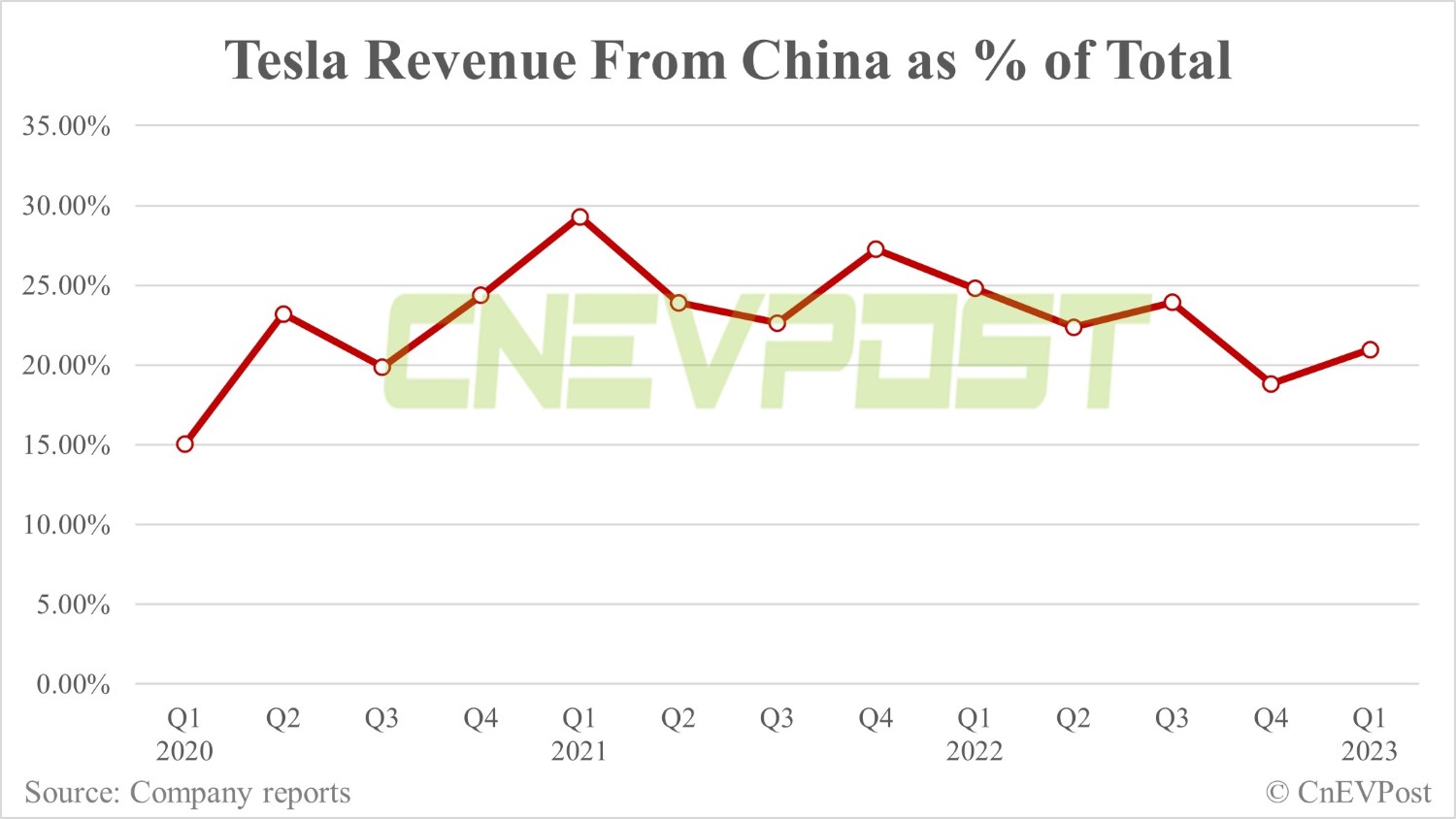Buying A Home In A Climate Risk Zone: Credit Score Considerations

Table of Contents
The Increased Risk and Lender Scrutiny
Lenders carefully assess the risk associated with mortgages in climate-vulnerable areas. They consider not only the applicant's credit score but also a range of other factors that significantly influence their decision-making process. These factors contribute to a higher perceived risk and thus, potentially, stricter lending practices.
Beyond your credit score, lenders scrutinize:
- Property location: Homes in areas with a high frequency of natural disasters face increased risk of damage or destruction, impacting the lender's potential for recovery. The closer the property is to known floodplains, wildfire zones, or hurricane-prone coastal areas, the higher the risk assessment.
- Flood insurance: The availability and cost of flood insurance are crucial considerations. Lenders often require flood insurance as a condition of the mortgage, particularly in high-risk zones. The cost of this insurance can significantly impact the overall affordability of the home.
- Building codes and construction: Homes built to withstand extreme weather events are less risky to lenders. Properties adhering to updated building codes that incorporate features designed to mitigate damage from natural disasters may receive more favorable consideration.
This increased risk translates into several tangible consequences for borrowers:
- Higher interest rates: To compensate for the elevated risk, lenders often charge higher interest rates on mortgages in climate risk zones.
- Stricter underwriting guidelines: Lenders apply stricter criteria for loan approval, demanding higher credit scores, larger down payments, and more stringent documentation.
- Difficulty securing a loan altogether: In some cases, securing a mortgage in a high-risk area can be exceptionally challenging, even with a good credit score. Some lenders may refuse to offer loans in these areas altogether.
- Increased need for larger down payments: To mitigate potential losses, lenders may require larger down payments from borrowers purchasing homes in climate risk zones.
Impact of Credit Score on Mortgage Approval
Your credit score is directly correlated to the interest rate you'll receive on your mortgage. A higher credit score typically translates to lower interest rates, making your monthly payments more manageable and reducing the overall cost of borrowing. In high-risk zones, this relationship is even more pronounced.
A lower credit score significantly limits your loan options when purchasing a home in a climate-vulnerable area:
- Higher interest rates for lower credit scores: Borrowers with lower credit scores face significantly higher interest rates, making homeownership considerably more expensive.
- Fewer lenders willing to offer loans: Lenders are more selective when dealing with higher-risk properties and borrowers with lower credit scores, resulting in fewer available loan options.
- Limited access to government-backed loans: Government-backed loans like FHA and USDA loans, which often offer more favorable terms, may be harder to obtain with a lower credit score, especially in high-risk areas.
- Potential for loan denial: A low credit score can significantly increase the likelihood of your mortgage application being denied, regardless of the property's location.
Strategies to Improve Your Credit Score Before Applying
Improving your credit score takes time and effort but is a crucial step in securing a mortgage in a climate risk zone. Start well in advance of your planned home purchase.
Here are several practical strategies:
- Review your credit report for errors: Check your credit report from all three major credit bureaus (Equifax, Experian, and TransUnion) for any inaccuracies. Dispute any errors you find to improve your score.
- Pay down high-interest debt: Focus on reducing high-interest debt like credit card balances. This will lower your credit utilization ratio, a key factor in your credit score calculation.
- Maintain consistent on-time payments: Make all your payments on time, every time. Payment history is a significant component of your credit score.
- Limit new credit applications: Avoid applying for new credit cards or loans, as each application slightly lowers your score.
- Consider credit counseling: If you're struggling to manage your debt, a credit counseling agency can provide guidance and support.
Securing Flood Insurance and Other Protections
Flood insurance is paramount when buying a home in a climate risk zone, regardless of your credit score. Many lenders mandate flood insurance as a condition of the mortgage.
Understanding the insurance landscape is crucial:
- National Flood Insurance Program (NFIP) requirements: If your property is located in a high-risk flood zone, you may be required to purchase flood insurance through the NFIP.
- Private flood insurance options: Private insurers also offer flood insurance, but their policies and pricing can vary significantly.
- Impact of credit score on insurance premiums: In some states, your credit score can influence your flood insurance premiums, adding another layer of complexity.
- Importance of understanding your property's flood risk: Before purchasing a home, obtain a flood risk assessment to determine the extent of potential flood damage and the necessary insurance coverage.
Exploring Alternative Mortgage Options
If securing a traditional mortgage proves challenging due to credit score or location, consider alternative options:
- Government-backed loans (FHA, USDA): FHA and USDA loans often have more lenient credit score requirements but come with their own eligibility criteria and limitations.
- Community development financial institutions (CDFIs): CDFIs focus on serving underserved communities and may offer more flexible lending options.
- Local credit unions: Credit unions sometimes offer more personalized service and potentially more favorable terms compared to large national banks.
Conclusion
Buying a home in a climate risk zone requires careful planning and a strong financial foundation. Your credit score is a critical factor that significantly influences your ability to secure a mortgage and protect your investment. By understanding the challenges and implementing the strategies outlined above, you can improve your chances of successfully navigating the complexities of purchasing a home in a climate-vulnerable area and achieving your dream of homeownership. Start improving your credit score today to increase your options when buying a home in a climate risk zone. Don't let a low credit score hinder your ability to achieve your homeownership goals – begin improving your score now!

Featured Posts
-
 Duenya Futbolunda Yeni Bir Doenem Klopp Geri Doenueyor
May 21, 2025
Duenya Futbolunda Yeni Bir Doenem Klopp Geri Doenueyor
May 21, 2025 -
 Former Tory Councillors Wife Fails In Racial Hatred Appeal
May 21, 2025
Former Tory Councillors Wife Fails In Racial Hatred Appeal
May 21, 2025 -
 Dexter Revival John Lithgow And Jimmy Smits To Reprise Roles
May 21, 2025
Dexter Revival John Lithgow And Jimmy Smits To Reprise Roles
May 21, 2025 -
 The Goldbergs A Nostalgic Journey Through The 80s
May 21, 2025
The Goldbergs A Nostalgic Journey Through The 80s
May 21, 2025 -
 Southport Attack Councillors Wife To Appeal 31 Month Sentence For Online Post
May 21, 2025
Southport Attack Councillors Wife To Appeal 31 Month Sentence For Online Post
May 21, 2025
Latest Posts
-
 Fremantle Reports 5 6 Q1 Revenue Decline Budget Cuts Take Toll
May 21, 2025
Fremantle Reports 5 6 Q1 Revenue Decline Budget Cuts Take Toll
May 21, 2025 -
 Kaellmanin Nousu Kentaeltae Ja Sen Ulkopuolelta Huuhkajiin
May 21, 2025
Kaellmanin Nousu Kentaeltae Ja Sen Ulkopuolelta Huuhkajiin
May 21, 2025 -
 Fremantles Q1 Revenue A 5 6 Drop Due To Reduced Buyer Spending
May 21, 2025
Fremantles Q1 Revenue A 5 6 Drop Due To Reduced Buyer Spending
May 21, 2025 -
 Uefa Nations League Germany Advances Past Italy With 5 4 Aggregate Win
May 21, 2025
Uefa Nations League Germany Advances Past Italy With 5 4 Aggregate Win
May 21, 2025 -
 Beiers Two Goals Secure Borussia Dortmund Win Over Mainz
May 21, 2025
Beiers Two Goals Secure Borussia Dortmund Win Over Mainz
May 21, 2025
